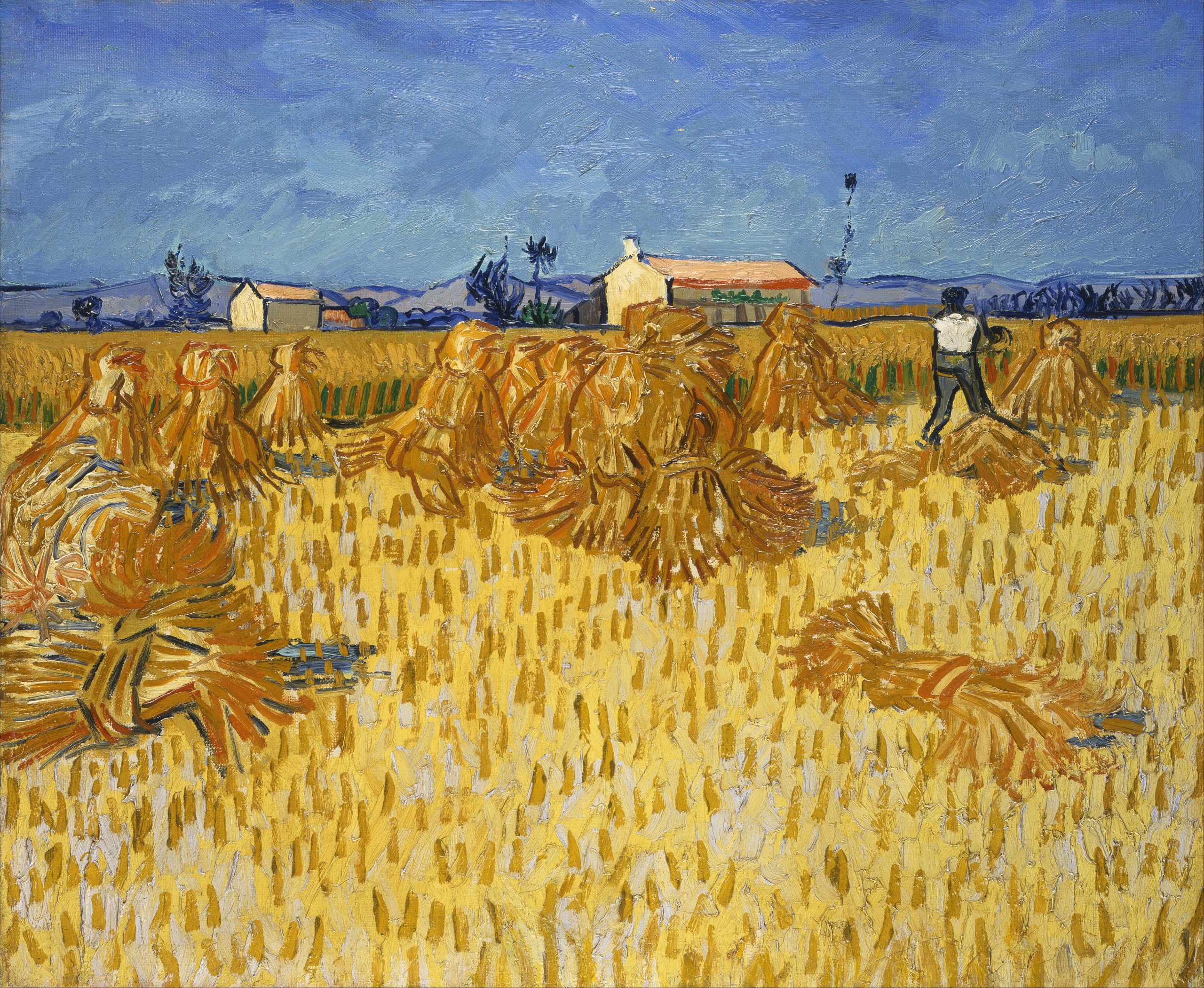
“The Iron Claw” inadvertently shares a lot in common with the professional wrestling world it depicts. A lot of energy and passion clearly went into it, and there’s a drive to entertain and thrill, but it ultimately ends up feeling empty and superficial.
This is unfortunate, because the true story it tells of the Von Erich clan of Texas wrestlers is packed with drama and tragedy. It’s almost Kennedyesque, the outsized amount of sorrow this family has suffered. Writer-director Sean Durkin has amassed an incredible cast to portray them, including Zac Efron, Jeremy Allen White, Harris Dickinson and Holt McCallany. But then he sticks them all in one-note roles; his characters barely evolve despite the tumult they endured over a relatively short period from the mid-‘80s to the early ‘90s.
Efron, as Kevin Von Erich, is always the good-hearted leader who just wants to hang out with his brothers. White, as Kerry Von Erich, is self-destructive and struggles with substance abuse. Dickinson, as David Von Erich, is the natural showman who feels guilty about leapfrogging Kevin as the face of the family. And Mike Von Erich (Stanley Simons), the youngest, doesn’t even want to wrestle; he’d rather play music, but—like his brothers—fights to fit in and competes for his father’s approval. McCallany is a fearsome figure as larger-than-life patriarch Fritz Von Erich, a former professional wrestler himself who now pits his kids against each other and pushes them to the breaking point in his pursuit of vicarious glory. But even he remains pitched at the same level, despite one unimaginable heartache after another.
In reality, there was another Von Erich brother who was even younger: Chris, whom the film omits completely. Durkin has explained that this was a difficult decision, but it made sense from a narrative perspective. This erasure seems baffling, though, since “The Iron Claw” is all about the transcendent strength of this fraternal bond as well as the toxic insularity of the entire family unit. Chris is never mentioned, but some of his traits emerge in Mike. It’s weird.
And I say this as a huge fan of Durkin’s two previous features: his deeply unsettling 2011 debut, “Martha Marcy May Marlene,” which put Elizabeth Olsen on the map; and the criminally underseen “The Nest,” featuring powerhouse performances from Carrie Coon and Jude Law. Cinematographer Mátyás Erdély, who also shot “The Nest,” similarly creates a steamy, cloistered tension. It’s a vibe that suggests anything and anyone could explode at any moment; despite the performative brutality on display, though, “The Iron Claw” remains surprisingly understated.
It’s all just so sad—or at least, it should be so sad. But we rarely feel a legitimate human connection between these brothers. And while Lily James brings a welcome spark as Pam, the flirtatious fan who becomes Kevin’s wife and the mother of his kids, their conversations all have a similar rhythm and purpose.
There’s quite a bit of style on display, though, starting with a grainy, black-and-white flashback to Fritz’s heyday in the 1960s. “The Iron Claw” frequently wallows in the flashy, period-specific cheese of bad hair and worse clothes in a way that can be enjoyable. And the sequence in which the Von Erichs discover the song that would become their anthem—the iconic “Tom Sawyer”—is a montage that moves with a verve that’s reminiscent of Scorsese’s muscularity. (And for all you Rush fans out there, they play the entire song.)
Speaking of which, the physical prowess on display—and the amount of work it must have taken to achieve that bulk—is undeniably impressive. Efron already was fit, but he has transformed himself into such a beast, he’s borderline unrecognizable. Sure, we have to get over the fact that Kerry Von Erich was 6-foot-2 and Jeremy Allen White is not, but he brings a quiet, brooding intensity—so much so, that you wish his dedication were in the service of a more complicated role. Everyone here is up for the emotional challenges of the material. Efron’s never been better. As the family’s matriarch, Maura Tierney creates a shaken sense of loss that’s palpable.
But too often, “The Iron Claw” sacrifices much-needed character development in order to cover more historical ground. And then it introduces an ill-advised, magical realism quality toward the end that clashes with everything that came before it. (This is also where the absence of Chris Von Erich seems especially glaring.) Longtime wrestling fans will probably love revisiting the excesses of this era, but casual viewers may be inclined to tap out.
Opens on December 22nd.




